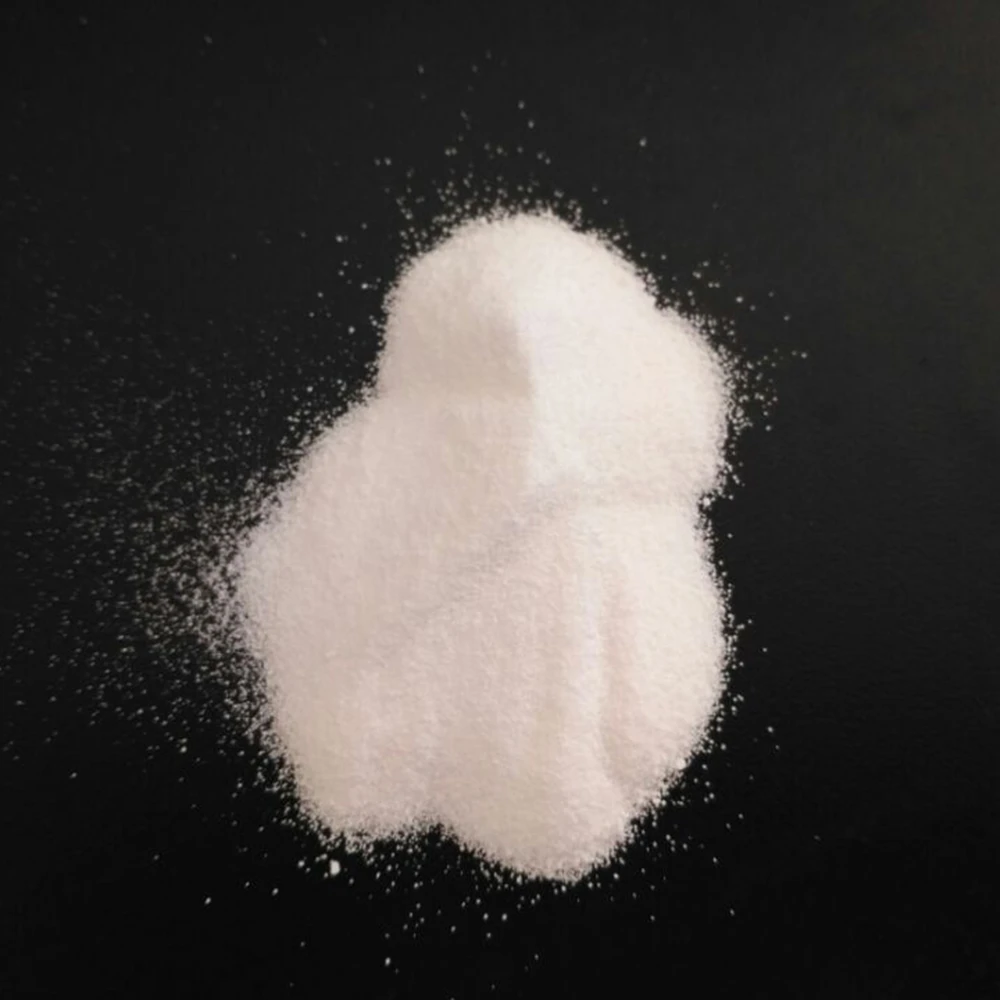



naoh products
The Versatile World of Sodium Hydroxide Products
Sodium hydroxide, commonly known as lye or caustic soda, is a highly versatile chemical compound with the formula NaOH. Due to its strong alkaline nature, it is widely used across various industries and applications. This article delves into the myriad products derived from sodium hydroxide and their significance in everyday life, industrial processes, and environmental considerations.
1. Industrial Applications
One of the primary uses of sodium hydroxide is in the manufacturing and processing of various products. It serves as a crucial ingredient in the production of soaps and detergents. By acting as a saponifying agent, sodium hydroxide helps convert fats and oils into soap, making it an indispensable component in the personal care and hygiene industries.
Beyond personal care, sodium hydroxide is instrumental in the production of paper and pulp. The chemical is used in the pulping process, where it helps break down lignin and release cellulose fibers. This application not only enhances the quality of paper products but also improves the efficiency of production processes, enabling more sustainable practices in the industry.
2. Food Industry Contributions
Sodium hydroxide also finds its way into the food industry, albeit in carefully controlled quantities. It is used to process certain food items, such as olives and pretzels. In the case of olives, sodium hydroxide is employed to remove the bitter taste from the fruit, making them more palatable. For pretzels, a lye bath gives the dough its distinct flavor and dark brown color. However, it is crucial that food-grade sodium hydroxide is used, as food safety regulations govern the levels permissible in food products.
3. Cleaning and Sanitization
naoh products

In the realm of cleaning, sodium hydroxide is a powerful agent for removing grease and grime. It is found in numerous household cleaning products and industrial cleaners, especially those designed for tough stains and heavy-duty cleaning. The ability of sodium hydroxide to break down organic matter makes it effective in draining cleaners, where it can help dissolve clogged materials.
Moreover, its antimicrobial properties make sodium hydroxide a useful compound in sanitization. It can neutralize and eliminate various pathogens, which is particularly important in healthcare settings and food processing facilities. As public health emphasizes cleanliness, the relevance of sodium hydroxide products in sanitization continues to grow.
4. Environmentally Conscious Alternatives
While sodium hydroxide is extremely beneficial, it is also crucial to recognize the environmental implications of its use. Its highly caustic nature means that improper handling can lead to environmental hazards. Efforts are underway to create more environmentally friendly alternatives and methods for utilizing sodium hydroxide effectively.
Moreover, recycling and reusing sodium hydroxide in industrial processes can significantly reduce waste. Innovative approaches, including waste minimization techniques and the development of bioprocesses, aim to utilize sodium hydroxide in more sustainable productive ways. Companies are continually exploring these greener alternatives to maintain efficacy while minimizing environmental impact.
5. Conclusion
Sodium hydroxide remains a pillar of modern industry, encompassing a wide range of applications that benefit society in various ways. From producing daily cleaning products and personal care items to its role in food processing and manufacturing, sodium hydroxide products are deeply embedded in our daily lives. As industries evolve and environmental standards become more stringent, the challenge lies in balancing the extensive uses of sodium hydroxide with sustainability and safety. By developing innovative practices and focusing on eco-friendly alternatives, we can continue to harness the power of sodium hydroxide while protecting our planet for future generations. Whether in homes, industries, or laboratories, sodium hydroxide products will undoubtedly continue to serve an essential role in our global society.
-
Why Sodium Persulfate Is Everywhere NowNewsJul.07,2025
-
Why Polyacrylamide Is in High DemandNewsJul.07,2025
-
Understanding Paint Chemicals and Their ApplicationsNewsJul.07,2025
-
Smart Use Of Mining ChemicalsNewsJul.07,2025
-
Practical Uses of Potassium MonopersulfateNewsJul.07,2025
-
Agrochemicals In Real FarmingNewsJul.07,2025
-
Sodium Chlorite Hot UsesNewsJul.01,2025










